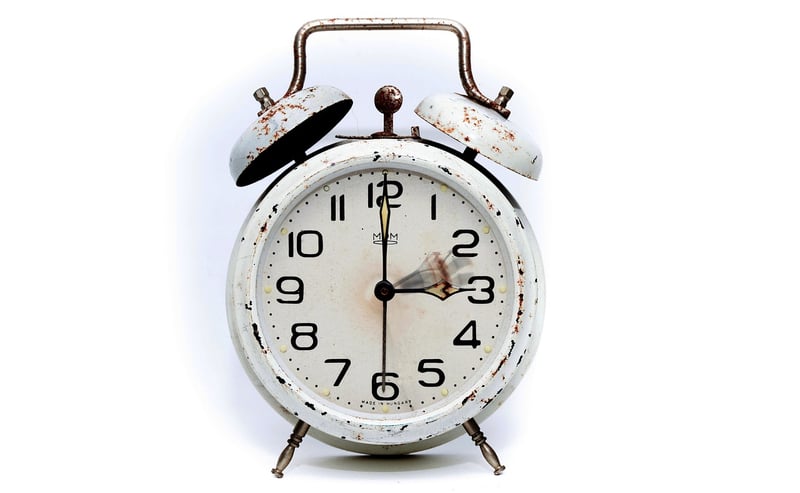Temporal Prime Directive
Rules Governing Time Travel and the Temporal Prime Directive
Introduction
Time travel has long been a fascinating concept in science fiction, but what if it were possible in reality? The ability to move through time raises numerous ethical and logistical challenges, leading to the establishment of rules and guidelines to govern time travel. One such crucial directive is the Temporal Prime Directive, which serves as a cornerstone for regulating temporal activities.
Rules Governing Time Travel
Time travel, if ever achieved, would require strict adherence to certain rules to prevent paradoxes, disruptions to the timeline, and unintended consequences. Some key rules governing time travel include:
- Causality Preservation: One of the fundamental principles of time travel is ensuring that actions taken in the past do not alter the course of history in a way that would prevent the time traveler's existence or cause significant disruptions.
- Non-Interference: Time travelers should avoid interfering with historical events or altering the natural progression of time. Any changes made could have far-reaching implications beyond the traveler's intentions.
- Temporal Displacement: Time travelers must be aware of their impact on the timeline and take precautions to minimize disruptions. Failure to do so could result in unintended consequences and temporal anomalies.
Temporal Prime Directive
The Temporal Prime Directive is a set of guidelines followed by advanced civilizations and organizations that possess the capability of time travel. It serves to ensure the integrity of the timeline and prevent unauthorized alterations that could lead to catastrophic outcomes.
Key principles of the Temporal Prime Directive include:
- Non-Interference Policy: Time travelers should observe and document historical events without actively participating or altering the outcome. Any interference could have unforeseen consequences.
- Temporal Observation: Monitoring the past for research or historical purposes is permissible as long as it does not result in changes to the timeline.
- Timeline Restoration: In the event of accidental alterations to the timeline, time travelers must take immediate action to restore the original course of history to prevent further disruptions.
Conclusion
Time travel, while a thrilling concept, comes with significant responsibilities and potential risks. Adhering to the rules governing time travel and following the principles of the Temporal Prime Directive are essential to ensuring the stability of the timeline and preventing unintended consequences. As technology advances, the need for ethical guidelines in temporal activities becomes increasingly crucial to safeguard the fabric of reality.

For more information on time travel and related topics, visit here.
